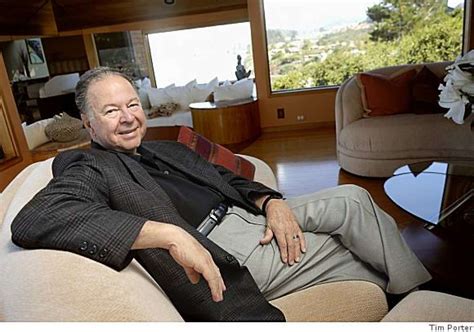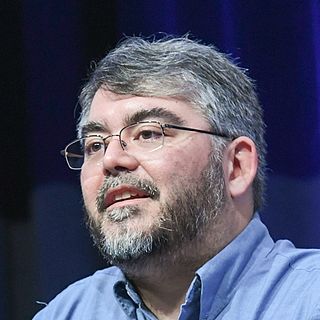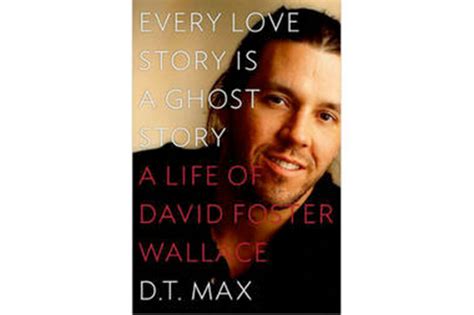A Quote by Leonard Shlain
Language was such a profoundly new evolutionary innovation that our brains had to be completely redesigned in order to handle it.
Quote Topics
Related Quotes
Considering that we live in an era of evolutionary everything---evolutionary biology, evolutionary medicine, evolutionary ecology, evolutionary psychology, evolutionary economics, evolutionary computing---it was surprising how rarely people thought in evolutionary terms. It was a human blind spot. We look at the world around us as a snapshot when it was really a movie, constantly changing.
But innovation is more than a new method. It is a new view of the universe, as one of risk rather than of chance or of certainty. It is a new view of man's role in the universe; he creates order by taking risks. And this means that innovation, rather than being an assertion of human power, is an acceptance of human responsibility.
As evolutionary time is measured, we have only just turned up and have hardly had time to catch breath, still marveling at our thumbs, still learning to use the brand-new gift of language. Being so young, we can be excused all sorts of folly and can permit ourselves the hope that someday, as a species, we will begin to grow up.
There are two sure ways to fail: never get started and quit before you succeed. Many companies promote the language of risk-taking and innovation but are so concerned with short term profit goals that their culture discourages innovation (trying new things) and abandons promising projects too soon. It shouldn't require exceptional moral courage to try new things and stick with them.
In general, the questions that are on our mind are the same questions that have been driving our work over the past decade. How do we bring order to this messy, unpredictable world of innovation? How can we dramatically improve the chances of creating a successful new-growth business? How can we do this again and again? More specifically, it has become very clear that the fundamental paradigms of market segmentation and branding are badly broken - and we're working on developing more useful theories for these dimensions of innovation.
In Dublin, we open The Dock, our new multidisciplinary innovation R&D and incubation hub where all elements of our innovation architecture come to life. The Dock is a launch pad for our more than 200 researchers to innovate with clients and acquisition partners with a particular focus on artificial intelligence.
But that Franklin trip changed me profoundly. As I believe wilderness experience changes everyone. Because it puts us in our place. The human place, which our species inhabited for most of its evolutionary life. That place that shaped our psyches and made us who we are. The place where nature is big and we are small.
It is in the ordinary events of every day that we develop the proactive capacity to handle the extraordinary pressures of life. It's how we make and keep commitments, how we handle a traffic jam, how we respond to an irate customer or a disobedient child. It's how we view our problems and where we focus our energies. It's the language we use.
A species has to become pretty intellectually advanced in order to grasp the concept of death in the abstract, and to dream up the idea of immortality. Long before that (in evolutionary terms) all species with brains have the survival instinct in some form. So, I am just saying that there are many existent proofs of species that have one, but not the other.
The old world order changed when this war-storm broke. The old international order passed away as suddenly, as unexpectedly, and as completely as if it had been wiped out by a gigantic flood, by a great tempest, or by a volcanic eruption. The old world order died with the setting of that day's sun and a new world order is being born while I speak, with birth-pangs so terrible that it seems almost incredible that life could come out of such fearful suffering and such overwhelming sorrow.
People are always invoking evolutionary psychology for everything. "Why do men hang around asking women out? Oh, to improve their reproductive success," every damn thing - religion, art - it can all be explained by evolutionary psychology. But in our hearts we know that evolutionary psychology is only sort of accurate, because it really doesn't capture what's most interesting about our lives.





































